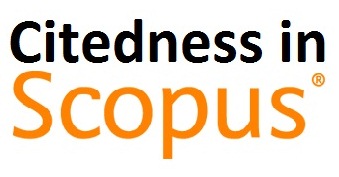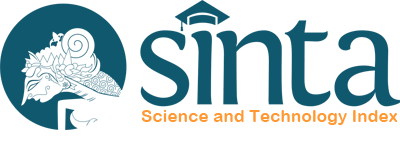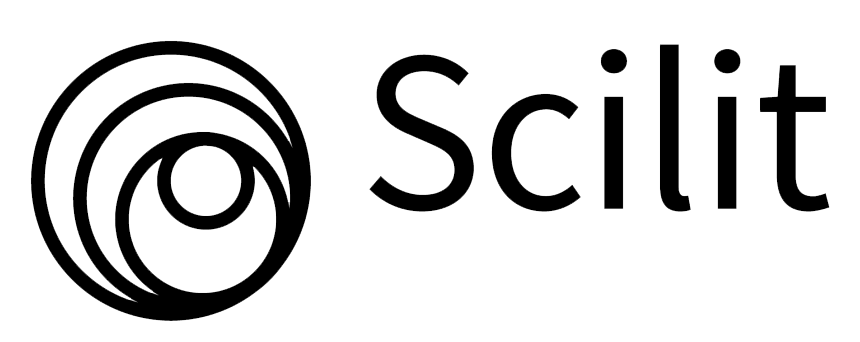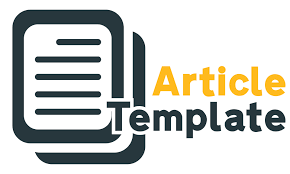Design of an IoT-Based Automatic Weighing System for Catfish Farming to Support Smart Aquaculture
DOI:
https://doi.org/10.38043/tiers.v6i2.5633Keywords:
Automatic Weighing System ; Catfish Farms; ESP32; Internet of Things; Renewable Energy SystemsAbstract
Enhancing the accuracy and efficiency of the catfish weighing process is essential for farmers to optimize distribution to retailers and wholesalers while improving productivity and operational performance. This study focuses on developing an IoT-based automatic weighing system to provide a real-time and automated solution to these challenges. The proposed system incorporates a load cell sensor for weight measurement, an ESP32 microcontroller with a WiFi module for seamless data transmission, and an intuitive web-based interface for monitoring and control. Powered by solar energy, the system emphasizes the integration of renewable energy in aquaculture. The research involves designing the system's mechanical, electrical, and software components to create a practical and accessible tool for farmers. Field trials on catfish farms assess the system’s performance in terms of accuracy and efficiency, comparing it to conventional manual weighing methods. This innovation aims to boost operational efficiency in aquaculture while contributing to the adoption of sustainable and intelligent farming technologies.
Downloads
References
Abdul Muis Muslimin, “145-Article Text-245-2-10-20230419,” J. Nat., vol. 17, no. 1, pp. 50–63, 2021.
M. Dande, M. Prabukumar, and K. Nikhil, “a Simple Robust Iot Sensor,” Int. J. Pure Appl. Math., vol. 120, no. January, pp. 9573–9591, 2018.
T. F. Distria, I. R. Safitri, N. A. Putri, and E. Susanto, “Abdimas galuh,” Abdimas Galuh, vol. 3, no. 1, pp. 32–38, 2021.
A. Anhar, R. Yonanda Hafiz, N. Nurhalim, and F. Firdaus, “Smart Fish Farm: Smart Feeding Berbasis Internet of Things pada Budidaya Ikan Patin Siam,” Voteteknika (Vocational Tek. Elektron. dan Inform., vol. 11, no. 4, p. 456, 2023, doi: 10.24036/voteteknika.v11i4.125594.
A. Basrah, “357605-Sistem-Kendali-Kekeruhan-Dan-Ph-Air-Kola-405893Af,” Sist. Kendali Kekeruhan Dan pH Air Kolam Budid. Ikan Nila, vol. 12, no. 2, pp. 99–104, 2020.
I. P. A. W. Widyatmika, N. P. A. W. Indrawati, I. W. W. A. Prastya, I. K. Darminta, I. G. N. Sangka, and A. A. N. G. Sapteka, “Perbandingan Kinerja Arduino Uno dan ESP32 Terhadap Pengukuran Arus dan Tegangan,” J. Otomasi Kontrol dan Instrumentasi, vol. 13, no. 1, pp. 35–47, 2021, doi: 10.5614/joki.2021.13.1.4.
A. Wagyana, “Prototipe Modul Praktik untuk Pengembangan Aplikasi Internet of Things (IoT),” Setrum Sist. Kendali-Tenaga-elektronika-telekomunikasi-komputer, vol. 8, no. 2, p. 238, 2019, doi: 10.36055/setrum.v8i2.6561.
F. Susanto, N. K. Prasiani, and P. Darmawan, “Implementasi Internet of Things Dalam Kehidupan Sehari-Hari,” J. Imagine, vol. 2, no. 1, pp. 35–40, 2022, doi: 10.35886/imagine.v2i1.329.
R. Padillah, “Implementasi Revolusi Industri (4.0) Pada Ukm Ayam Broiler Melalui Mesin Pakan Ayam Otomatis Berbasis Internet Of Things (IoT),” JATI EMAS (Jurnal Apl. Tek. dan Pengabdi. Masyarakat), vol. 5, no. 1, p. 1, 2021, doi: 10.36339/je.v5i1.382.
E. Kase, W. Suriana, I. Nyoman, and G. Adrama, “Perancangan Sistem Monitorinng Suhu Under Counter Chiller Di Hotel Hilton Berbasis Internet of Things,” J. Ilm. TELSINAS, vol. 3, no. 1, pp. 12–23, 2020, [Online]. Available: https://mechasolution.co.id.
N. K. Krisnawijaya and I. N. G. Adrama, “Rancang bangun portabel online datalogger untuk mengukur potensi debit aliran sungai berbasis internet of things,” J. Ilm. TELSINAS, vol. 2, no. 2, pp. 73–81, 2019.
Downloads
Published
How to Cite
Issue
Section
License
Copyright (c) 2024 Sutra Wardatul Jannah, Ahmad Muhtadi

This work is licensed under a Creative Commons Attribution-ShareAlike 4.0 International License.





















